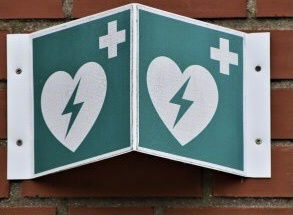What You Need to Know about Hospital Indemnity Plans

Hospital indemnity insurance provides a fixed daily, weekly or monthly benefit while the insured is confined in a hospital. The payment can range from $100 to $450 per day while confined in a hospital. It pairs well with Medicare Advantage Plans.
Hospital indemnity insurance (also known as hospital confinement insurance or simply hospital insurance) is supplemental medical insurance coverage that pays benefits if you are hospitalized. While health insurance pays for medical services after copays, co-insurance, and deductibles are met, hospital indemnity insurance pays you if you are hospitalized, regardless of any other coverage you may have.There is no one-size-fits-all; every hospital indemnity plan is different. Common examples of the type of benefits these plans may offer are a fixed benefit for admission to the hospital, a fixed benefit for an overnight stay, and a fixed benefit for each overnight stay in an intensive care unit. Hospital indemnity insurance policies may include other types of benefits as well. Among those are a benefit for treatment in an emergency room, and a benefit paid for certain outpatient procedures. Some hospital indemnity insurance policies may even pay a benefit for certain specified diseases or accidents, but normally people purchase separate indemnity policies (cancer, critical illness, or accident, etc.) as specialized policies offer more robust benefit amounts.
Hospital indemnity insurance is meant to supplement your medical insurance, not replace it, so it’s as important to understand what it won’t cover as what it will. It won’t pay medical bills from your doctors or hospitals, nor will it pay for your medications from the pharmacy. You may choose to use the benefit payments you receive from a hospital indemnity policy to pay for these expenses, but the benefit payments are meant to help you fill gaps for things not paid by your medical insurance, such as deductibles and coinsurances. That said, the benefits from a hospital indemnity policy may also be used for other expenses you may have because you’re not working.



